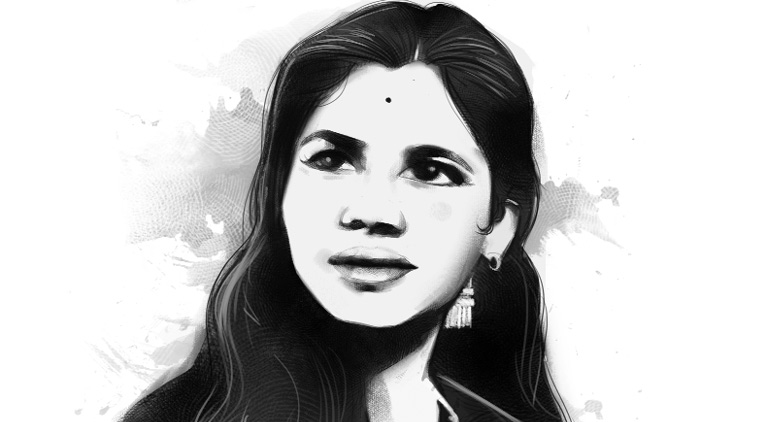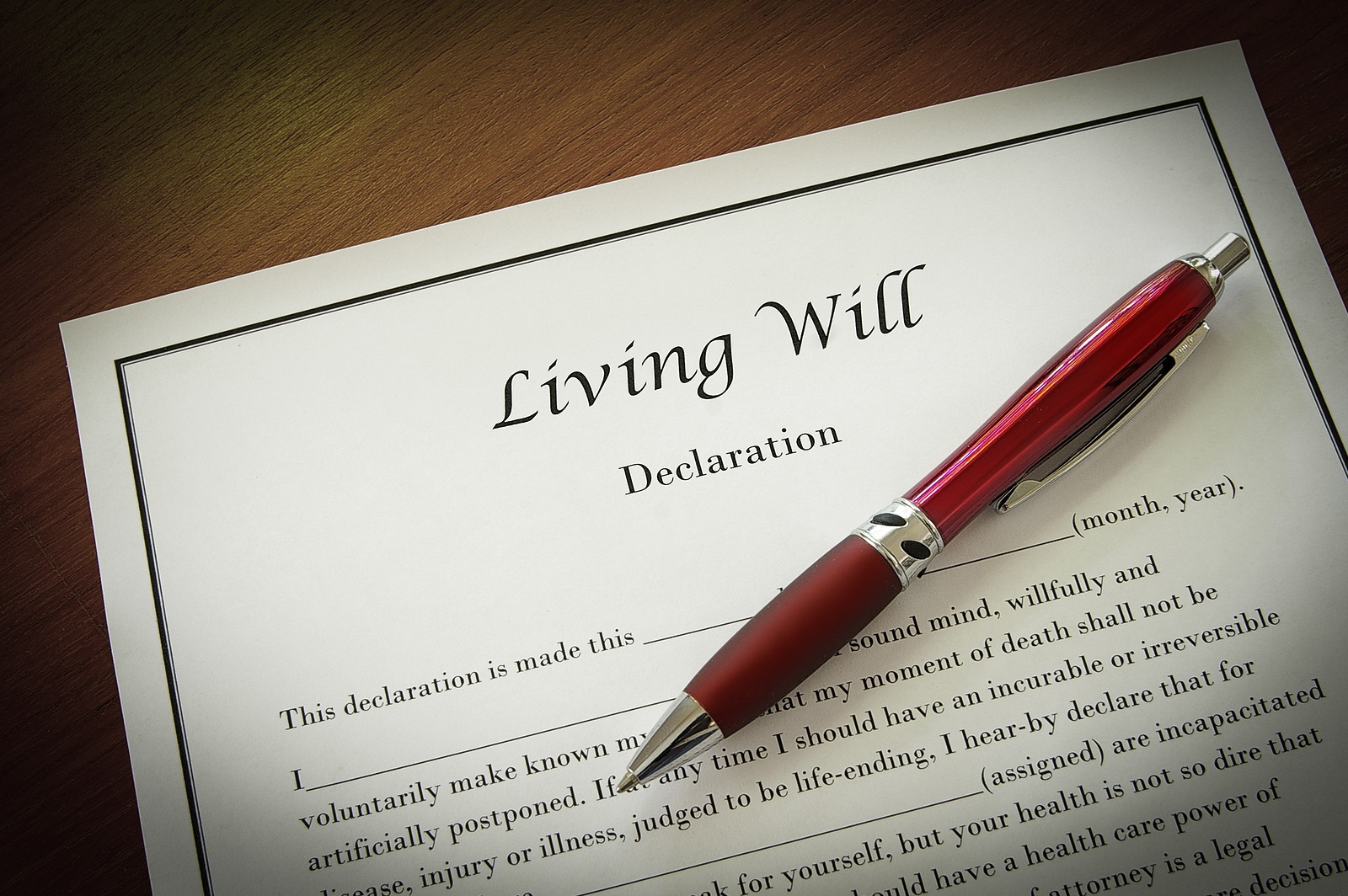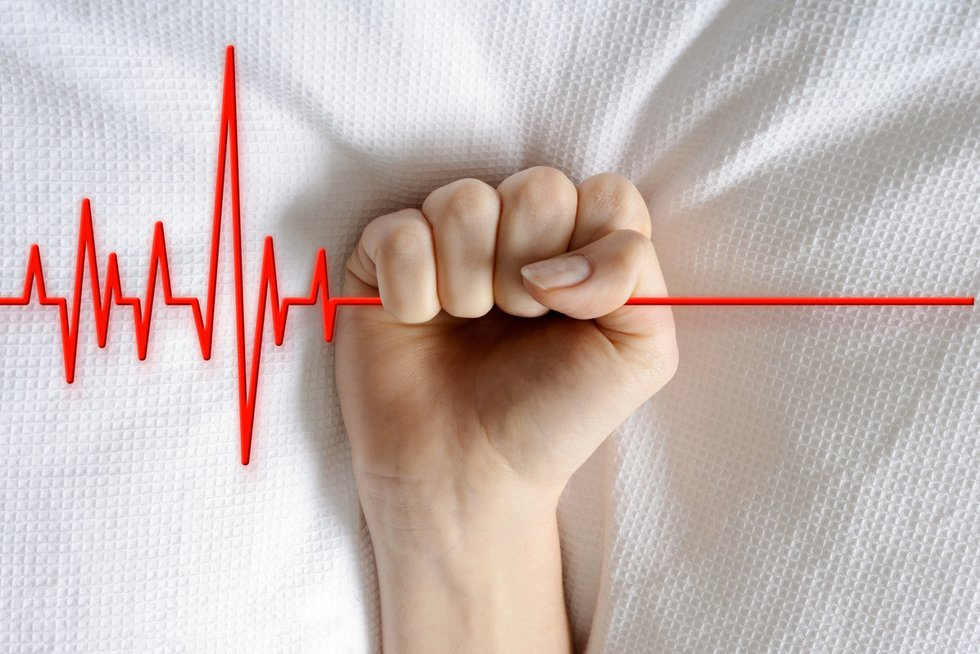In a landmark decision, the Supreme Court of India has passed the right to “passive euthanasia”, providing people with the right to die with dignity. This ruling, which permits terminally ill patients to deny life support, has far-reaching implications. Here’s all you need to know about choosing death through a will.
What verdict has been passed?
The Supreme Court’s landmark judgment has recognised and given sanction to passive euthanasia as well as living wills/advance directives. A living will is a written document by way of which a patient can give his explicit instructions in advance about the medical treatment to be administered when he or she is terminally ill or no longer able to express informed consent.
The Court ruled that the Right to Life under Article 21 includes the right to live with dignity and the same includes the smoothening of the process of dying in case of a terminally ill patient or a person in a persistent vegetative state (PVS) with no hope of recovery.
The Court also laid down guidelines governing execution and enforcement of advance directives The Court also ruled that in cases where there is no advance directive, the same procedure and safeguards will apply along with an additional procedure set out by the Court.
What events influenced the Court to consider passive euthanasia?

In 2009, Ms Virani had approached the Supreme Court as the “next friend” of Aruna Shanbaug, who was in a vegetative state after being assaulted and raped by a ward boy-cum-sweeper at the KEM Hospital in Mumbai in 1973. Shanbaug, who became the face of the debate on euthanasia in the country, died of pneumonia in May 2015.
The current ruling stems from a petition filed by an NGO ‘Common Cause’, who had approached the court seeking a direction for recognition of ‘living will’.
What is the procedure to make an advance directive?

While any person can make a living will, the advance medical directive can only be executed by an adult who is of a healthy state of mind and in a position to communicate and comprehend the purpose and consequences of executing the document.
It must be voluntarily executed and after having full knowledge or information. The consent of the individual is necessary. Specific terms should be mentioned and instructions must be absolutely clear. It should have a clause stating that the executor may revoke the instructions/authority at any time. Name of a guardian or a close relative should be specified in the event where the executor becomes incapable of taking a decision.
Detailed pointers have been set in case the executor to becomes terminally ill, in which case, the instructions in the document must be weighed by a Medical Board constituted by the hospital or the physician where the executor is admitted.
How did the Court differentiate between active and passive euthanasia?
The former entails a positive affirmative act, while the latter relates to the withdrawal of life support measures or withholding of medical treatment meant for artificially prolonging life.
It is due to this difference that most of the countries across the world have legalised passive euthanasia either by legislation or by judicial interpretation with certain conditions and safeguards.
What are the arguments against passive euthanasia?
Constitution of India: ‘Right to life’ is a natural right embodied in Article 21 but suicide is an unnatural termination of life. Attempt to suicide at present is an offence punishable by up to one-year jail term under Section 309 of Indian Penal Code (IPC). It is the duty of the State to protect life and the physician’s duty to provide care and not to harm patients. If euthanasia is legalised, then there is a grave apprehension that the State may refuse to invest in health (working towards Right to life).
Symptoms of mental illness: Attempts to suicide or completed suicide are commonly seen in patients suffering from depression, schizophrenia and substance users. Hence, it is essential to assess the mental status of the individual seeking euthanasia.
The right to life and liberty as envisaged under Article 21 of the Constitution is meaningless unless it encompasses within its sphere individual dignity. Though the sanctity of life has to be kept on the highest of pedestals yet in cases of terminally ill persons or PVS patients where there is no hope for revival, priority shall be given to the Advance Directive and the right of self-determination.

